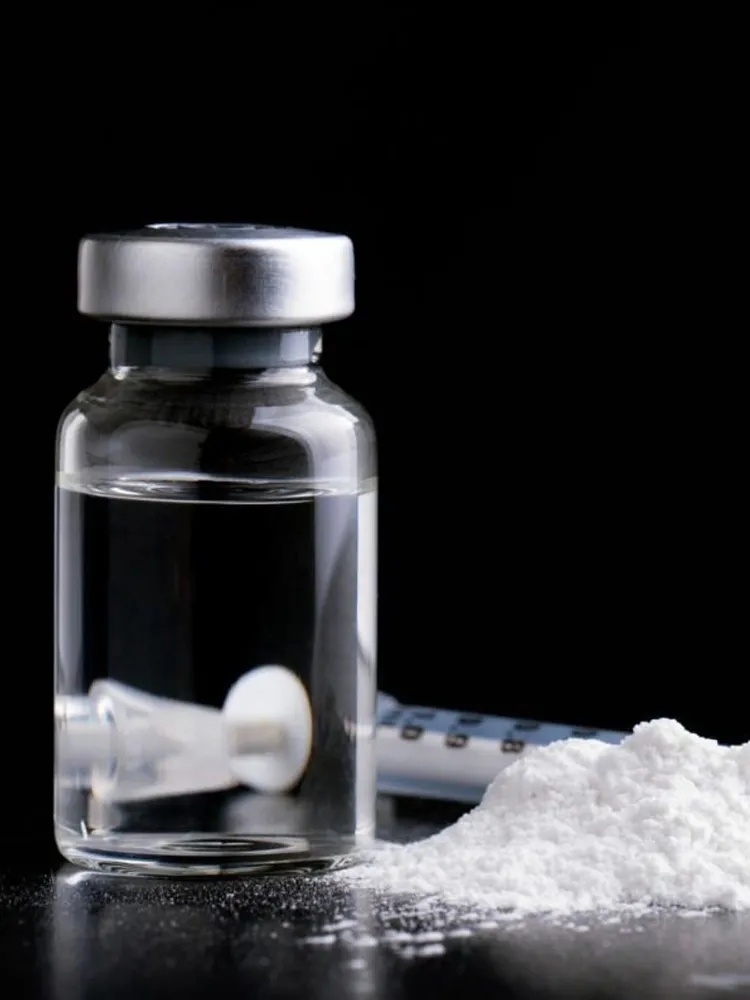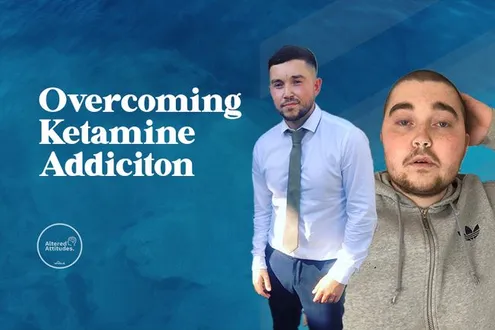GHB addiction refers to the compulsive use of gamma-hydroxybutyrate (GHB), a central nervous system depressant that is commonly abused for its euphoric and sedative effects. GHB is a synthetic drug that is often used recreationally in clubs and parties for its ability to produce feelings of relaxation, social disinhibition, and heightened sexual experiences.
It is commonly used within the chemsex scene along with other drugs such as crystal meth, methamphetamine, mephedrone, cocaine and ketamine.


GHB is also a highly addictive drug, and its abuse can lead to physical and psychological dependence. Individuals who regularly use GHB may experience withdrawal symptoms, such as tremors, anxiety, insomnia, and seizures when they stop using the drug. Over time, individuals may need higher doses of GHB to achieve the desired effects, which can increase the risk of overdose.
Environmental Factors
Spending time around people who abuse drugs can influence an individual’s behaviour. Parental guidance plays a big part in the likelihood of someone developing an addiction. Children who are exposed to drug abuse are more at risk of developing their own problem later in life.
Peer pressure can also result in recreational drug use. Teens are especially prone to engaging in risky behaviours, as the areas in the brain that manage judgement and self-control are still developing.
Psychological Factors
Different psychological factors can increase the risk of substance misuse. Trauma or challenging life experiences can push someone to use GHB in an effort to avoid difficult emotions.
Using GHB to self-medicate a mental health condition can also be a risk factor. It can become a habitual behaviour and develop into a severe substance abuse disorder.
From high compulsivity to adrenaline-seeking, some people may also have personality traits that make them more predisposed to mental health instability. An unstable mental state can render someone more at risk of developing an addiction. A dual diagnosis of addiction and a mental health condition is complex and requires specialist care.
Genetic Predisposition
While some people may be able to use drugs recreationally, others will feel a strong impulse to consume to excess.
Neuroscience has shown that people have varying levels of ability and brain function to control impulsive urges. If these genes are passed down through the generations, family members can be more prone to developing addiction problems.
Changes in Brain Chemistry
GHB abuse affects the brain’s chemical systems and functions. As the level of dopamine produced by GHB is so high, it negatively impacts the brain’s ability to create dopamine naturally. Consequently, long-term GHB users have lower, natural levels of dopamine. This can lead to depression and feelings of hopelessness when attempts are made to withdraw from the drug. Stopping GHB use is a struggle and inevitably requires professional help.









